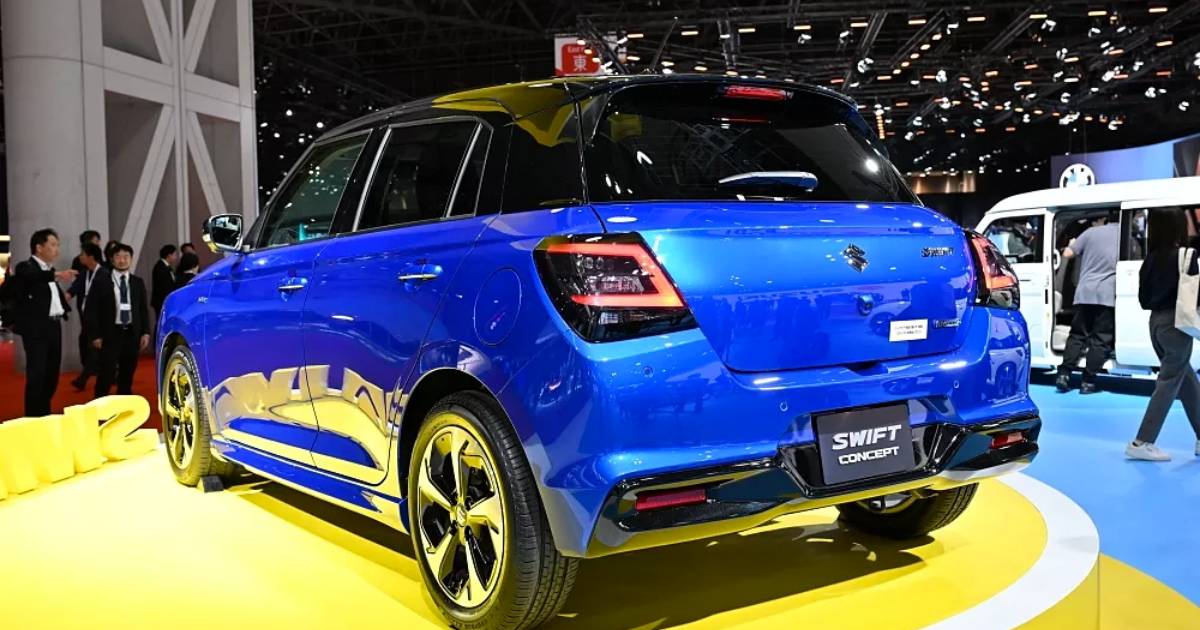Maruti Suzuki has decided to develop its hybrid technology for its smaller cars instead of relying on Toyota's hybrid tech, which will still be used for larger SUVs and MPVs. This decision stems from their belief that their in-house solution will be more cost-effective and suitable for their smaller vehicle lineup. By developing their hybrid technology, Maruti Suzuki aims to maintain control over the design, production, and cost factors, ensuring greater flexibility and efficiency in integrating hybrid powertrains into their vehicles.
Rationale Behind Hybrid Focus
Despite being overshadowed by the electric vehicle (EV) trend, Maruti Suzuki sees hybrids as a crucial part of its strategy. They anticipate that by 2031, hybrids will constitute a significant 25 percent of their total sales. This strategic focus on hybrids is driven by several factors. Firstly, while other automakers are largely betting on EVs, Maruti Suzuki recognizes the importance of offering a diverse range of powertrain options to cater to varying consumer needs and preferences. Secondly, with the Indian government refraining from stipulating a clear timeline for phasing out internal combustion engines, hybrids remain relevant as a transitional technology. Lastly, hybrids offer a practical solution for addressing range anxiety and charging infrastructure limitations often associated with pure electric vehicles.
Hybrids in the Indian Market
In India, where there's no clear timeline for phasing out internal combustion engines, hybrids remain relevant. Despite tax incentives favoring EVs, hybrids continue to outsell them, indicating consumer preference for this technology. Maruti Suzuki aims to capitalize on this demand by introducing a variety of hybrid models, such as the Grand Vitara and Urban Cruiser Hyryder, which offer affordability and practicality. By offering hybrids alongside conventional internal combustion engine vehicles, Maruti Suzuki seeks to cater to a wide spectrum of consumers, ensuring that they have options that suit their needs, preferences, and budget.

Success with the Grand Vitara and Future Plans
Maruti Suzuki has already tasted success with the Grand Vitara hybrid. Buoyed by this, they plan to expand their hybrid portfolio further. They are set to introduce new models, including an extended version of the Grand Vitara, which will feature a strong-hybrid variant. These endeavors align with their goal of democratizing hybrid technology and making it accessible to a broader market. By leveraging its expertise in manufacturing and distribution, Maruti Suzuki aims to scale up production and make hybrid vehicles more mainstream in the Indian automotive market.
Choosing the Series Hybrid Approach
In the pursuit of cost-effectiveness, Maruti Suzuki has opted for a series hybrid configuration for its smaller cars. This design, where the engine acts solely as a generator to power the electric motor, promises simplicity, efficiency, and lower production costs. Despite considering Toyota's hybrid technology, they found it too expensive, prompting them to develop their own solution. By focusing on a series hybrid approach, Maruti Suzuki can streamline production processes, reduce complexity, and ultimately offer more competitively priced hybrid vehicles to consumers.
Maruti Suzuki's decision to focus on developing its hybrid technology underscores its commitment to offering innovative yet affordable solutions in the evolving automotive landscape. By strategically embracing hybrids, they aim to cater to diverse consumer preferences while maintaining competitiveness in the market. As they continue to expand their hybrid portfolio and invest in research and development, Maruti Suzuki is poised to play a significant role in shaping the future of mobility in India, where hybrids are expected to play a crucial role in the transition towards cleaner and more sustainable transportation.

